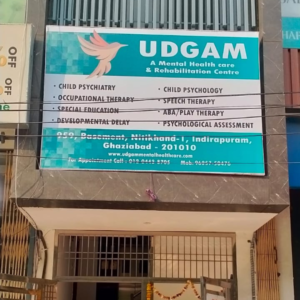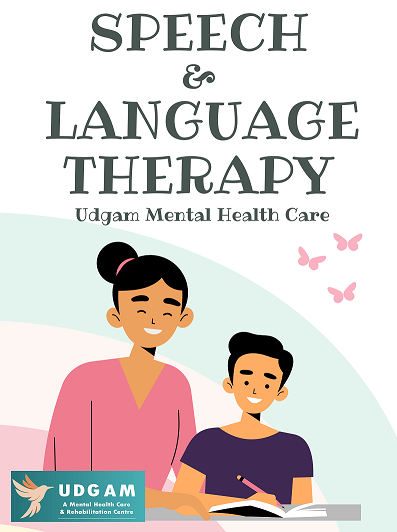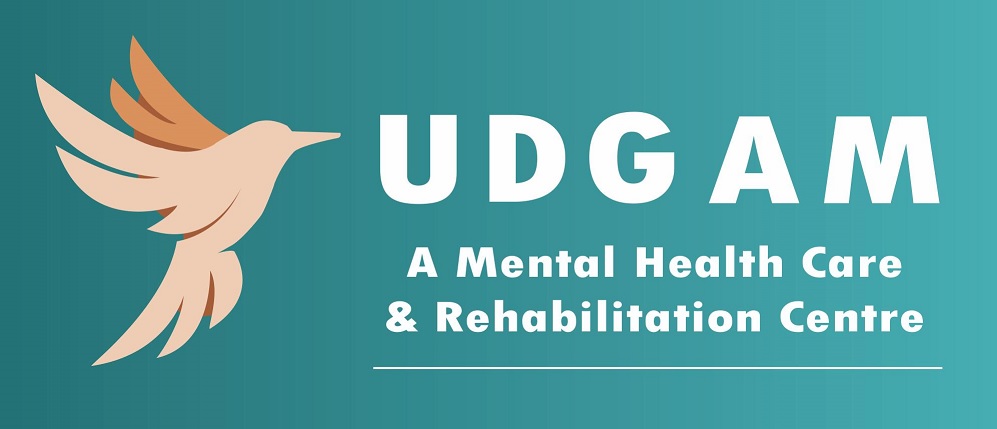 Udgam Mental Health Care & Rehabilitation Centre - Indirapuram Services
Udgam Mental Health Care & Rehabilitation Centre - Indirapuram Services
Specialties and Services: Udgam Mental Health Care & Rehabilitation Centre is a comprehensive facility offering a wide range of services aimed at mental health and developmental issues for both children and adults. Our services include:
Occupational Therapy:
- Targeted Conditions: Our occupational therapy services are designed for individuals with physical, sensory, or cognitive challenges. This includes children with Autism Spectrum Disorder, ADHD, developmental delays, and sensory processing issues.
- Therapeutic Goals: Focuses on improving fine and gross motor skills, sensory integration, balance, coordination, and self-regulation. They work on daily living activities such as dressing, grooming, and feeding.
Speech Therapy:
- Pediatric Speech Therapy: Addressing speech and language delays, articulation disorders, stuttering, and more. We use engaging activities tailored for children.
- Adult Speech Therapy: Aimed at individuals recovering from stroke, managing neurological conditions, or seeking to enhance communication skills.
- Special Programs: Includes accent modification and fluency disorder management (Best Psychiatrist in Delhi) (Best Psychiatrist in Delhi).
Psychological and Psychiatric Services:
- Psychiatric Consultation: For a wide range of psychiatric conditions.
- Psychological Counseling: Provides support for various mental health challenges through dialogue and exploration of emotions, thoughts, and behaviors.
- Special Education: Tailored educational support for children with learning disabilities and other developmental challenges.
Multidisciplinary Approach:
- The center employs a holistic, multidisciplinary approach involving psychiatrists, neurologists, occupational therapists, speech therapists, special educators, and ABA therapists. This team-based strategy ensures comprehensive care and effective intervention strategies.
Reputation and Approach: Udgam is well-regarded for its personalized care plans and evidence-based therapeutic techniques, emphasizing thorough assessments to tailor treatment plans that address the unique needs of each individual. Our goal is to enhance the functional abilities and overall well-being of our clients, providing them with the skills necessary for everyday life
(Best Psychiatrist in Delhi) (Best Psychiatrist in Delhi).
For more information or to book an appointment, you can visit our official website (Best Psychiatrist in Delhi) (Best Psychiatrist in Delhi)
Find directions for Google Maps it's easy to reach.



 Udgam Mental Health Care & Rehabilitation Centre - Indirapuram Services
Udgam Mental Health Care & Rehabilitation Centre - Indirapuram Services 







